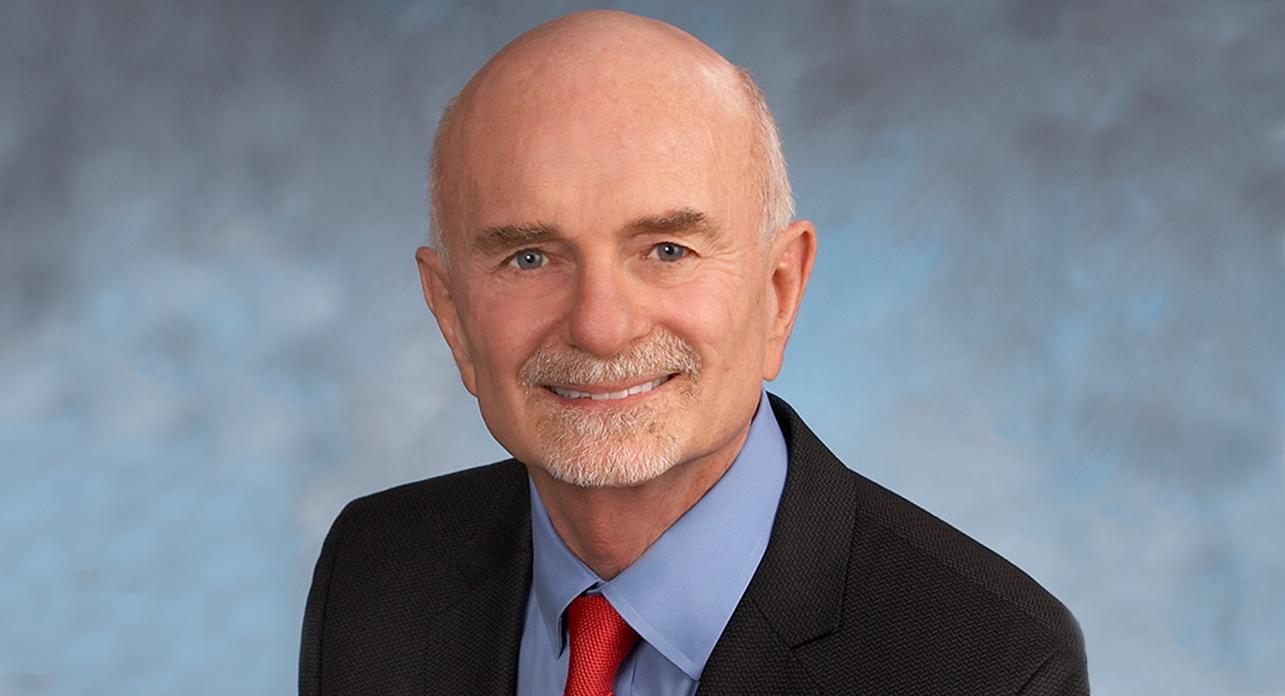
GlobeSt.com recently chatted with Gary Goodman, SVP of acquisitions at Passco Cos. on multifamily and whether or not the bulls still control the market, a topic also soon to be featured in the February/March issue of Real Estate Forum. Goodman also discussed value-add as well as Passco’s focus on core assets in secondary markets and the reasons why.
GlobeSt.com: Do the bulls still control the multifamily market?
Gary Goodman: Yes, the bulls still control the market by bidding up prices to historically high levels. However, we believe that in many cases they overpay for properties that would not command these high prices in a more normal market.
GlobeSt.com: Where is this overbidding prevalent?
Goodman: This overbidding is prevalent in the value-add sector of the market, which generally accounts for 75 to 80% of today’s multifamily acquisitions. Many investors and sponsors are focused on acquisitions that will produce a large gain in the residual value of a property, as opposed to cash flow generated throughout the holding period.
Specifically, many buyers are paying sellers for the upside value before it is added by the new owner. This is particularly obvious in the primary or gateway markets where investor interest is the most competitive.
Much of the overbidding we’re seeing in primary markets is taking place on older multifamily assets in original condition. Many investors and sponsors would prefer to acquire an original property, as opposed to one that has undergone some renovations, because the more original the property, the more opportunity there is to improve the property to enhance its residual value.
In short, we’re seeing the bulls pay more for properties in worse condition.
GlobeSt.com: Do you see that as a risky approach? If so, why?
Goodman: This approach is risky, however, because the planned profit of a value-add deal is typically based on a dramatic increase in rents – which may or may not be achievable. If all goes as planned, the returns can be high. However, if the projected rent growth is unattainable, the investor can be stuck with an older property that requires a great deal of capital just to maintain. Also, much like the risk of development projects, if the market takes a sudden change due to an increase in interest rates or other unforeseen factors, the sponsor/investor may not be able sell the property for a profit and in many cases, as we saw in the recent recession, will have to sell the property for a loss or lose it to a lender.
GlobeSt.com: What about Passco Cos.’ strategy? Where are you seeking assets and why?
Goodman: At Passco Cos., our strategy is to seek core assets in secondary markets where risk adjusted yields are the highest. Simply put, we are cash flow buyers. From our perspective, when buying a core property, what you see is what you get.
GlobeSt.com: Are you seeing that strategy work? It must be…
Goodman: This strategy is working extremely well for us. We are identifying high-quality properties that are typically some of the best in their respective markets, and we’re able to achieve relatively high cash-on-cash yields from the very beginning of the holding period.
Some examples of our recent acquisitions that are aligned with this strategy include Vue21 in Colorado Springs and Wakefield Glen Apartments in Raleigh.
Basically, we’re buying properties that are already producing solid cash flows. This factor is what makes our risk adjusted returns superior to the acquisitions of many sponsors who depend on the ultimate sale of the property for profit.
We continue to seek high-quality, core multifamily assets in secondary markets throughout the country, including Greenville, SC; Raleigh-Durham, NC; Savannah, GA; Colorado Springs and Denver, CO; Oklahoma City, OK, Nashville, TN; Columbus, OH; and suburban markets surrounding San Antonio, Dallas and Houston, Texas, among others.
GlobeSt.com recently detailed the firm’s hunt for multifamily property in Raleigh. And as we also previously reported, Passco is also now focused on land acquisitions—at least in California. “The opportunity to create value by acquiring raw land and pursuing entitlements has returned,” said CEO Bill Passo. “We expect land development to be an extremely active sector of the real estate market for the next three to five years.

